Palmer Lab
@ University of Maryland
Field Research Technician Position open
See latest news for more information
Welcome to the Palmer Lab Website
Our research and engagement focuses on the sustainability of natural systems and the development of solutions to difficult problems at the interface of humans and the environment including:
- Restoring the underlying biophysical and social processes that support healthy aquatic ecosystems
- Understanding how hydrologic flows and linkages influence the flux and fate of carbon in wetland landscapes
- Accelerating actionable research by inter- and -transdisciplinary teams
- Reclaiming and restoring Appalachian lands, waters, and livelihoods
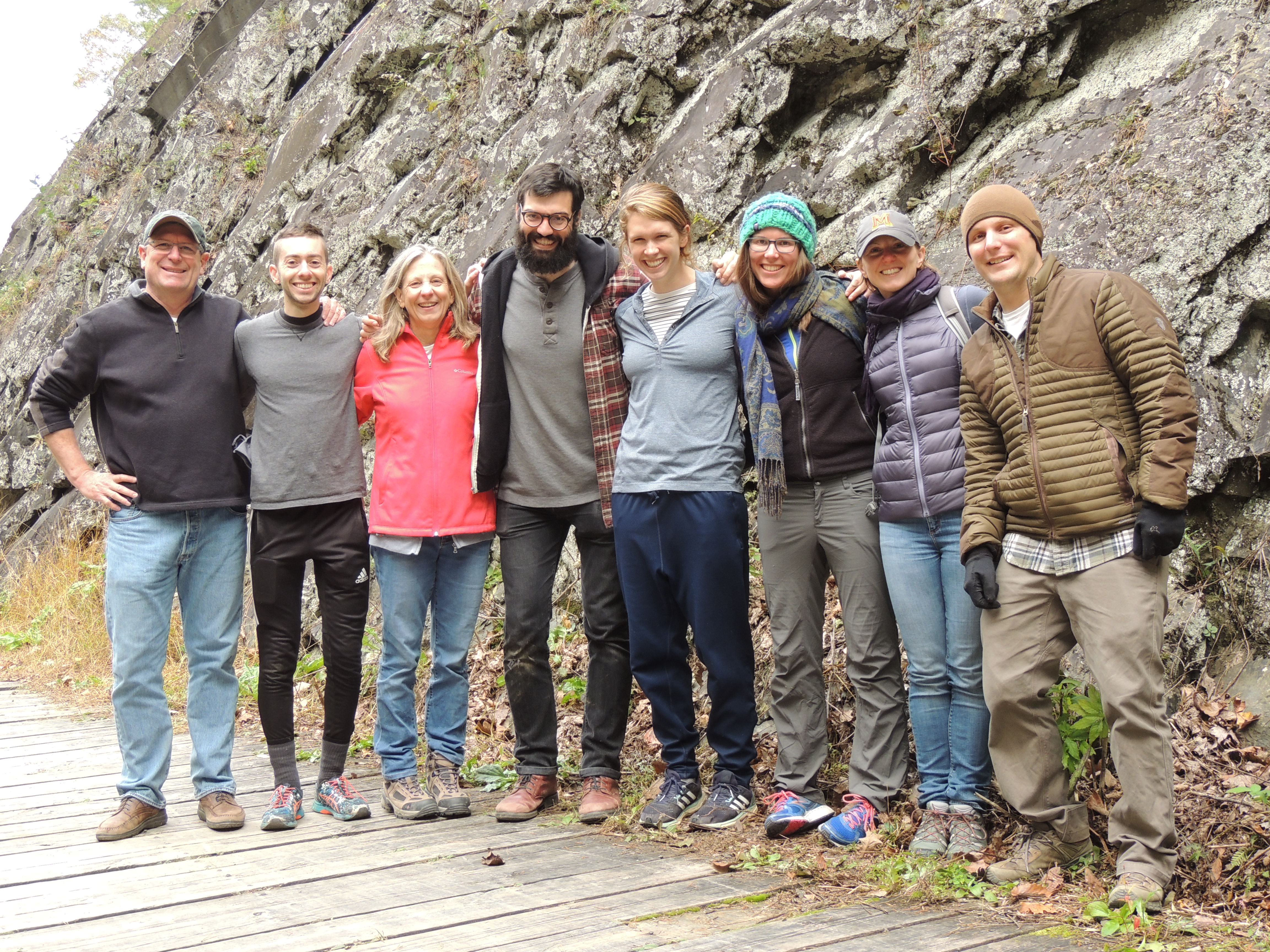
Natural, Restored and Agricultural wetlands on the Coastal Plain wetlands and their connections to stream networks
Historically, the mid-Atlantic had vast expanses of low-lying forests with extensive freshwater wetlands and streams. Much of this land has been converted to farming over the last several hundred years. Ongoing pressures include continued farming and the growth of suburban developments. In recognition of the need for new approaches to systematically monitor and assess hydrologic conditions, wetland/stream ecosystem functions, and their impact on water quality, Palmer and colleagues have work on-going in the Eastern Shore of Maryland.
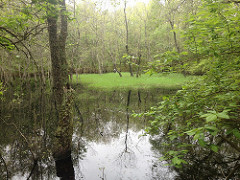
Wetlands, Stream Networks, and Carbon
Wetlands are among the most threatened ecosystems on earth yet they play extremely valuable roles in global elemental cycling. As transition points in the landscape between the terrestrial and aquatic realms, they are well known as sources of Carbon (C) production and biomass accumulation, as well as sinks of C received from the surrounding terrestrial environments. Despite their potential importance to understanding C fluxes they have not been adequately integrated into global scale terrestrial C budgets or into inland water C budgets.
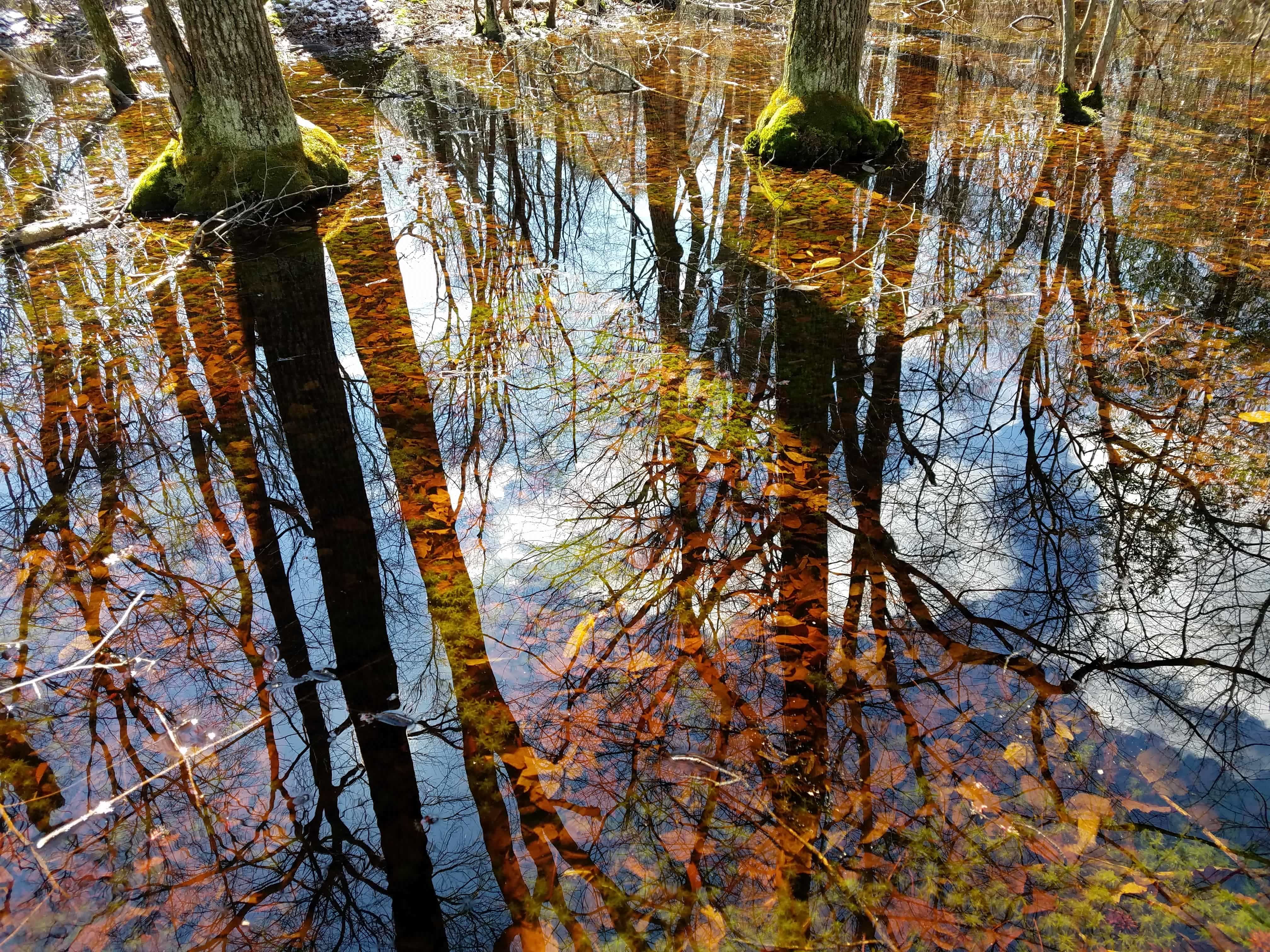
Past Research Projects
The Palmer Lab is committed to understanding the function of aquatic ecosystems and how human activity has altered those functions. Past projects include the National River Restoration Synthesis Project. For more information on that project, see the NRRSS Github page. Other past projects are below.
Latest news
- Field Research Technician Position open (September 25)
- New paper in Science (September 24)
- Seeking new graduate students (July 30)
Latest publications
-
Evaluation of infiltration-based stormwater management to restore hydrological processes in urban headwater streams.
Fanelli et al Hydrological Processes (2017). -
Watershed Urbanization Linked to Differences in Stream Bacterial Community Composition.
Hosen et al Frontiers in Microbiology (2017). -
Practices for facilitating interdisciplinary synthetic research: the National Socio-Environmental Synthesis Center (SESYNC).
Palmer et al Current Opinion in Environmental Sustainability (2016).
Contact
- mpalmer [at] umd.edu
- 410 919-4810
- @SESYNCDirector
- SESYNC, 1 Park Place, Suite 300, Annapolis MD 21401
- Plant Sciences Building 4112, University of Maryland, College Park, MD 20742
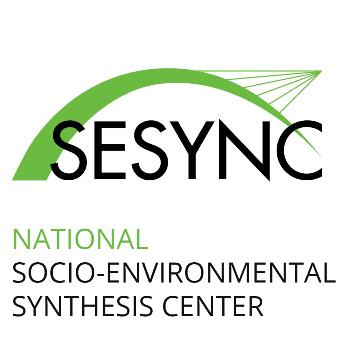
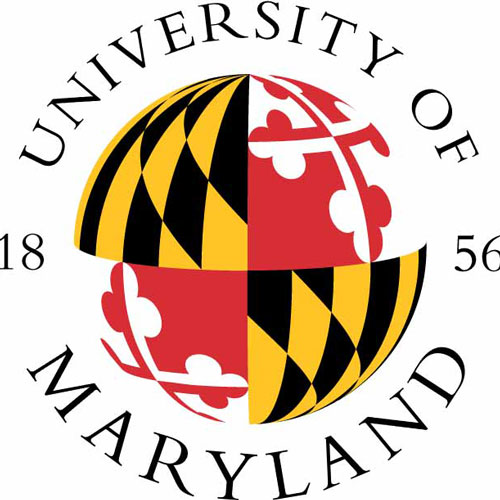
[Directions to SESYNC & UMD-CP]
